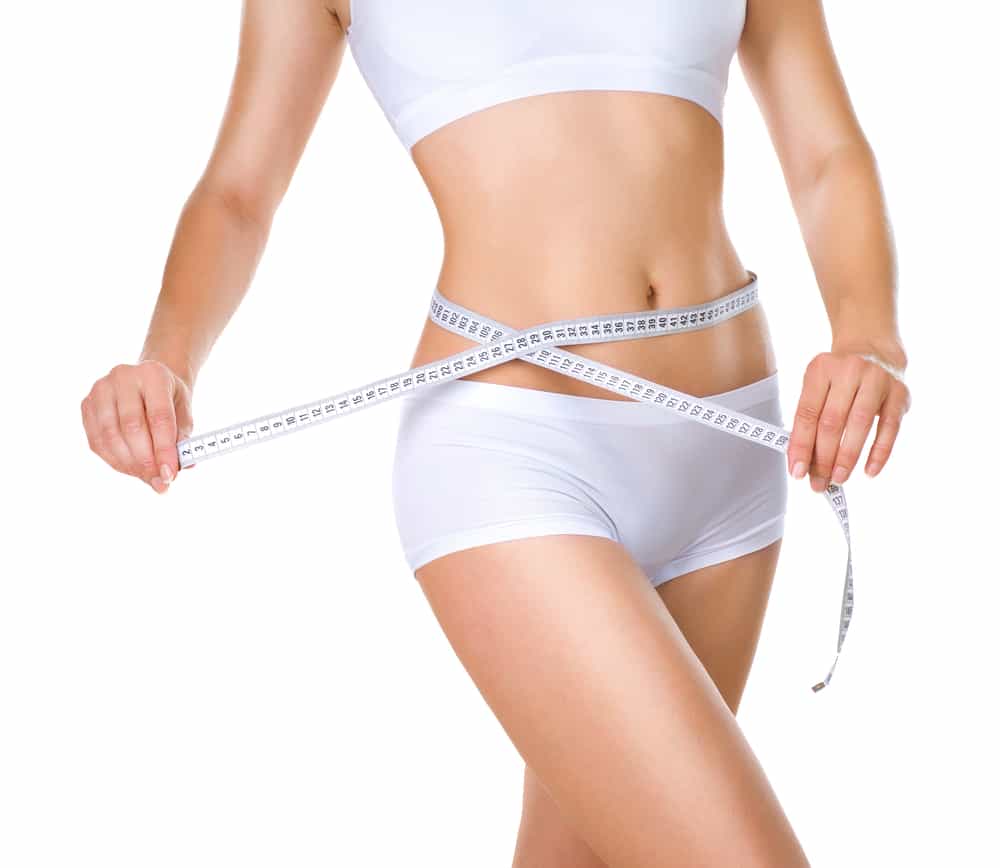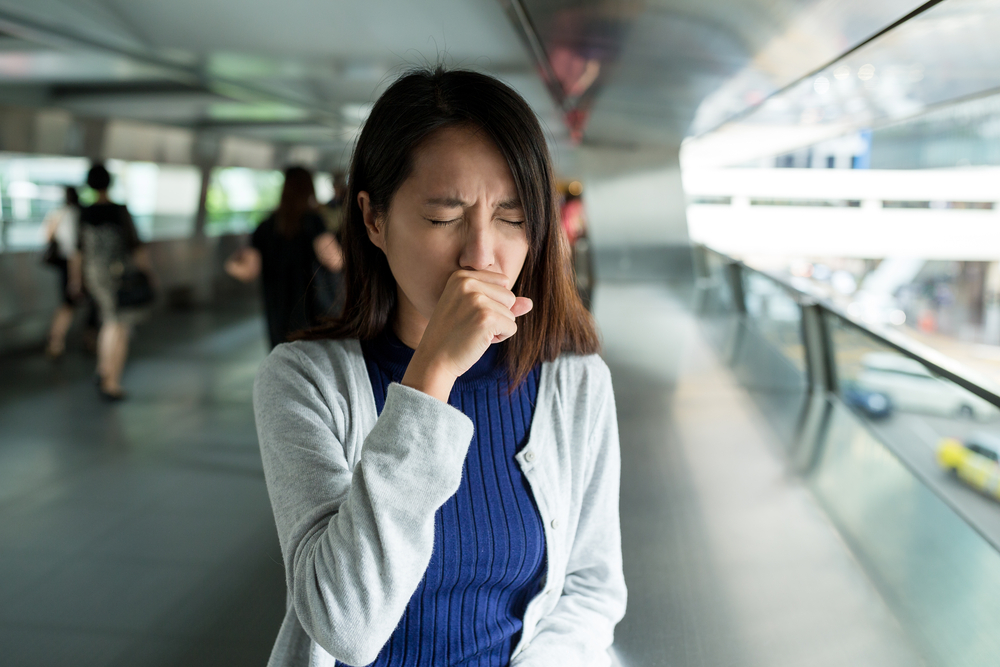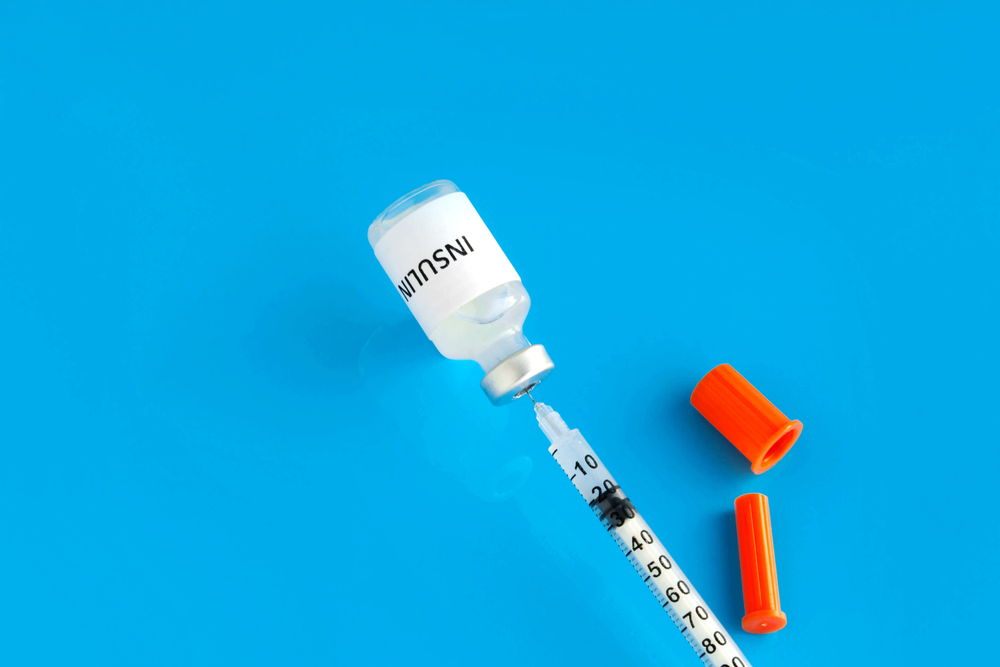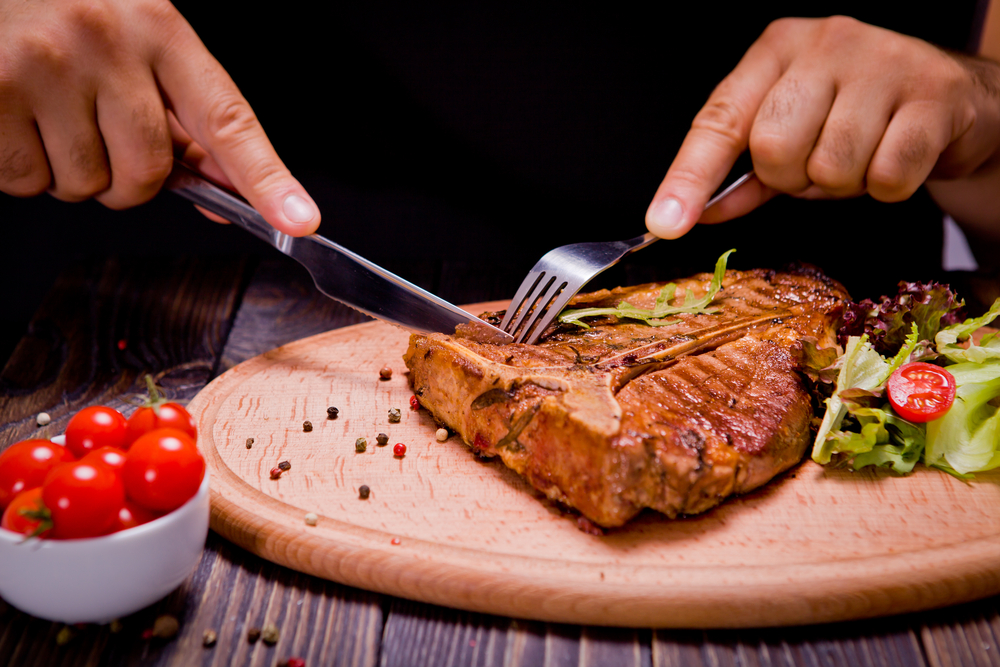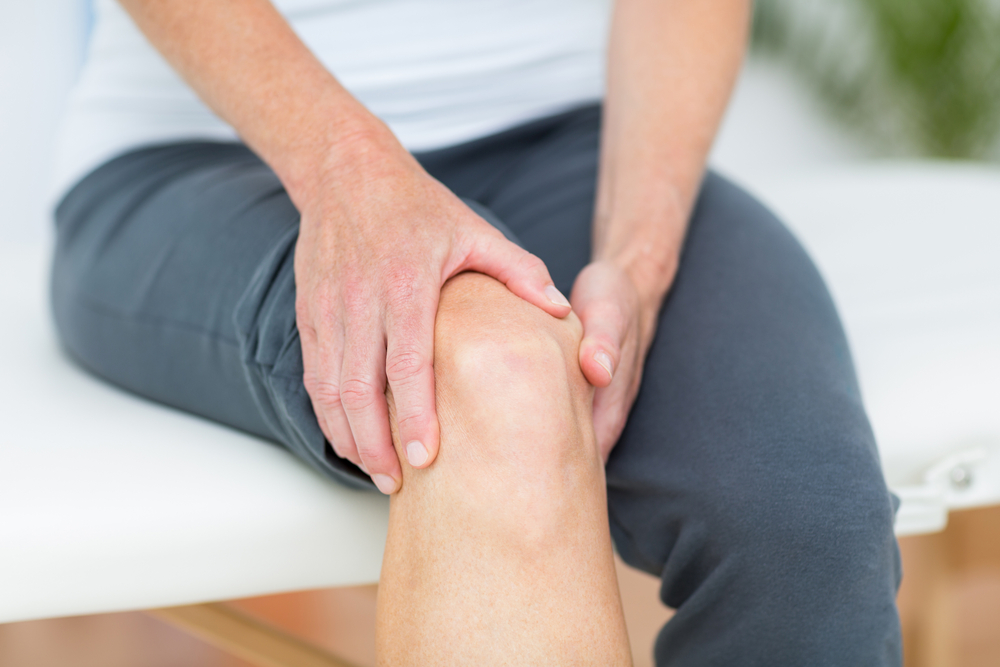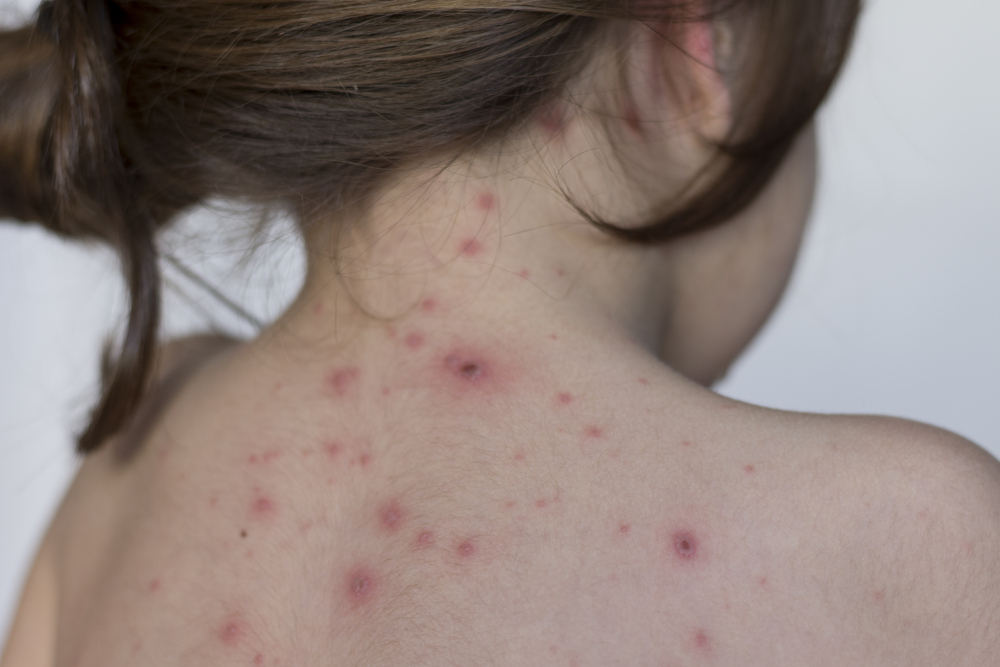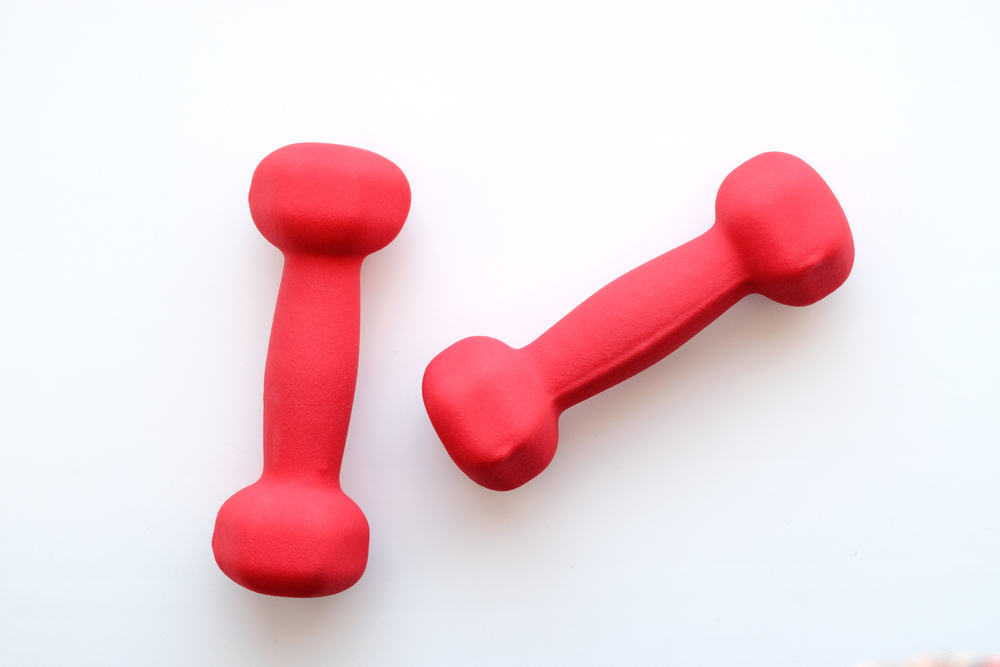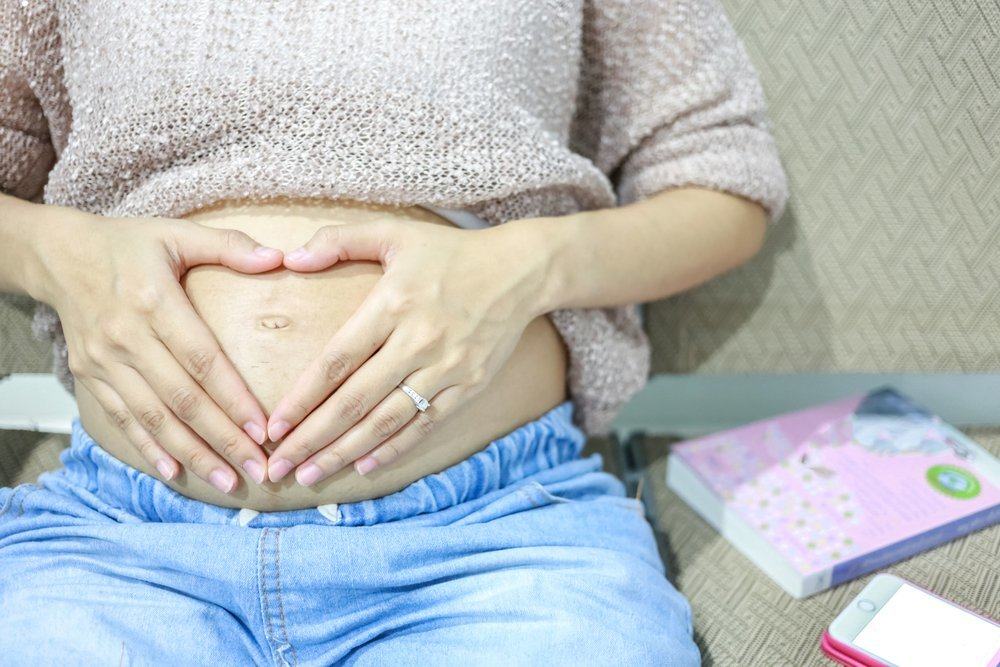Contents:
- Medical Video: 5 FOODS YOU NEED TO AVOID TO LOSE WEIGHT
- Why can't you go on a diet of calories?
- What are the side effects of a calorie diet that is done excessively?
- 1. A thin, unhealthy body
- 2. Decreased metabolism
- 3. Chronic fatigue
- 4. Disrupting the process of bone recovery
- 5. Reducing female fertility
- 5. It's easy to get sick
Medical Video: 5 FOODS YOU NEED TO AVOID TO LOSE WEIGHT
When all the ways to lose weight never paid off, many of us finally gave up and chose to cut down on large portions of food. It makes sense, though, because the fewer portions of food you eat, the calorie and fat intake for the body also decreases.
But you should not arbitrarily reduce the portion of food just for a calorie diet, if you do not want to deal with various risks of side effects that can actually be detrimental.
Why can't you go on a diet of calories?
Basically calories are heat energy that you get from eating food. Calories are needed by the body to carry out various functions of organs and metabolism, as well as to move by moving bone muscles every day.
When unused, calories will be stored as body fat as a food reserve. The storage process occurs when the body does not burn comparable calories from what is obtained.
Calorie diet is one way to prevent the storage of excess calories in the form of fat. This can be done by reducing the amount of food consumed. However, a calorie diet increases your risk of experiencing nutritional deficiencies if not done properly.
The National Institute of Health (NIH) of the United States says that the benefits of healthy weight loss from a new calorie diet will emerge when the body does not experience a lack of essential nutrients while on a diet.
What are the side effects of a calorie diet that is done excessively?
Most of the effects of a calorie diet are caused by the body being unable to adapt to its new diet, and also lacking essential nutrients. These include:
1. A thin, unhealthy body
Reducing the amount of food when the diet has a fast effect in changing physical appearance, so it looks thinner than weight loss.
Changing the appearance of the body in a short time does not always signal that your diet is a big success. A body that is suddenly thin from a calorie diet will not last long. Existing, sudden thin body can be a sign of loss of muscle mass and decreased metabolism. To avoid this, the diet reduces carbohydrate intake in stages and replaces energy sources with protein and fiber, rather than being absent altogether.
2. Decreased metabolism
In addition to hunger, a decrease in metabolism is a temporary side effect while on a diet. But this can be a serious problem if it occurs continuously and causes a loss of muscle mass. This becomes more likely to occur when you also lack protein intake while on a diet and not doing physical activity to maintain muscle mass.
In addition, a decrease in metabolism is also a cause of weight gain again after finishing the diet in a short time.
3. Chronic fatigue
Chronic fatigue is a complex matter because the body is not only caused by deficiency of calories but also various important nutrients. One of the causes of fatigue is a symptom of anemia triggered by iron, folate and vitamin B12 deficiency. But symptoms of chronic fatigue can persist when the body also experiences a lack of protein, calcium, magnesium, vitamin A, biotin and thiamine.
To prevent this, avoid eating foods that are too little and multiply the consumption of fresh foods compared to processed foods while on a diet.
4. Disrupting the process of bone recovery
Bone is one organ that always regenerates itself. That is why bones always experience changes in density, depending on the pattern of activity and availability of nutrients.
Eating too few calories can have an impact on bone density because calories are needed for the release of the hormones estrogen and testosterone. The difference of these two hormones can interfere with the optimal bone tissue replacement process. Calorie deficiency and important nutrients can also cause permanent bone damage, and bones break more easily.
5. Reducing female fertility
Consumption of too few calories can have an effect on decreasing LH secretion (Leutenizing hormones) and estrogen. Both are important hormones in the process of fertilizing eggs in women. Changes in these hormones will be difficult to detect and require continued clinical examination, but the problem of signs of fertility in women can be identified if the menstrual cycle becomes irregular suddenly even though still far from the age of menopause.
5. It's easy to get sick
Without adequate nutrition and calories, the body will fall ill more easily because it fights fighting the causative agent of infection - especially if someone is active in physical activity. This is evidenced by a study in athletes which showed that efforts to reduce weight through a calorie diet double the risk of developing a disease in a matter of months.
Instead of carelessly reducing the portion of food in order to be thin, it's better to replace other types of food to keep getting the nutrients needed with lower calories. Thus, you maintain your health until your body really begins to adapt to a new diet.

